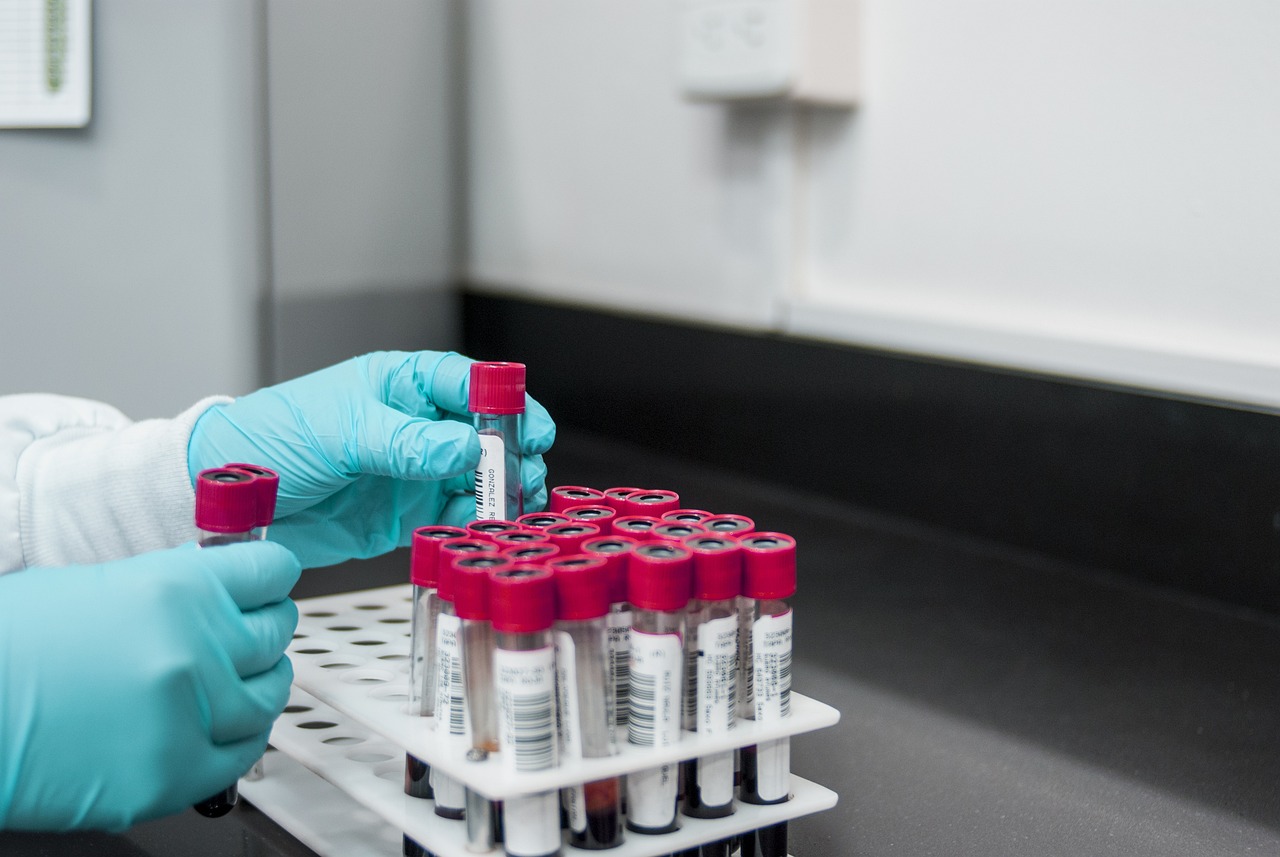News release
From:
A faster test for sepsis
A new method for identifying the pathogens involved in sepsis cases, which could help to select optimal therepeutics, is reported in Nature this week. The test has the potential to reduce the turnaround times normally associated with developing treatments for infections and may improve patient outcomes.
Sepsis, a dysregulated immune response brought on by an infection, is one of the leading causes of death, globally. Patient-specific treatment can be developed using antimicrobial susceptibility testing; however, this typically takes 2–3 days owing to the need for a blood culture sample, which requires physicians to use a broad-spectrum of antibiotics in the meantime. Finding ways to reduce the turnaround time associated with antimicrobial susceptibility testing is crucial to decreasing the risk of death from sepsis and reducing the unnecessary use of antibiotics.
Sunghoon Kwon and colleagues present an ultra-rapid antimicrobial susceptibility testing method, which uses a sample of whole blood and reduces the need for culturing. A synthetic peptide is used to recover a broad range of pathogens directly from the blood, which are then identified and tested for drug susceptibility. The authors demonstrate that this approach has the potential to reduce the turnaround time of the test by more than 40–60 hours compared to existing commercial methods. The authors validated their method in a clinical setting, enrolling 190 hospitalized patients with suspected infections. Their method achieved a 100% match rate in species identification. In a retrospective analysis of six positive cases, the average turnaround time of the test was approximately 13 hours from initial blood processing.
The authors note that further clinical validation is needed within a diverse cohort to verify the findings. However, these results suggest this method has the potential to reduce both the time taken to tackle sepsis and the amount of unnecessary antibiotics used during broad-spectrum treatment.



 International
International


